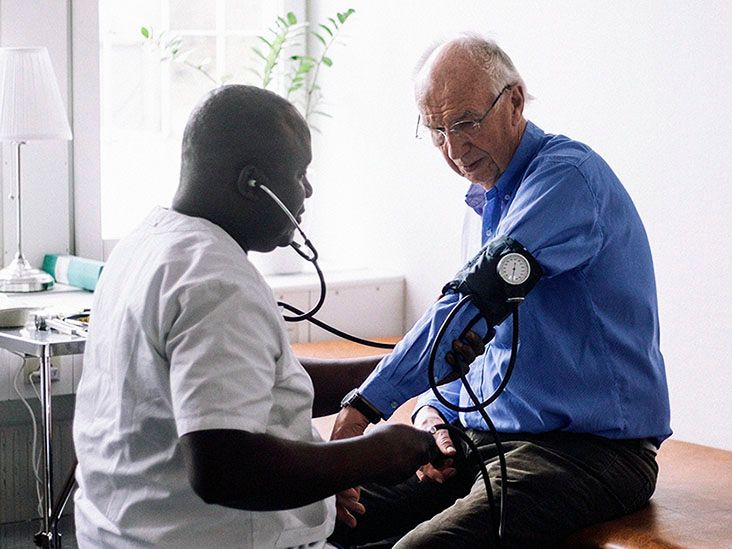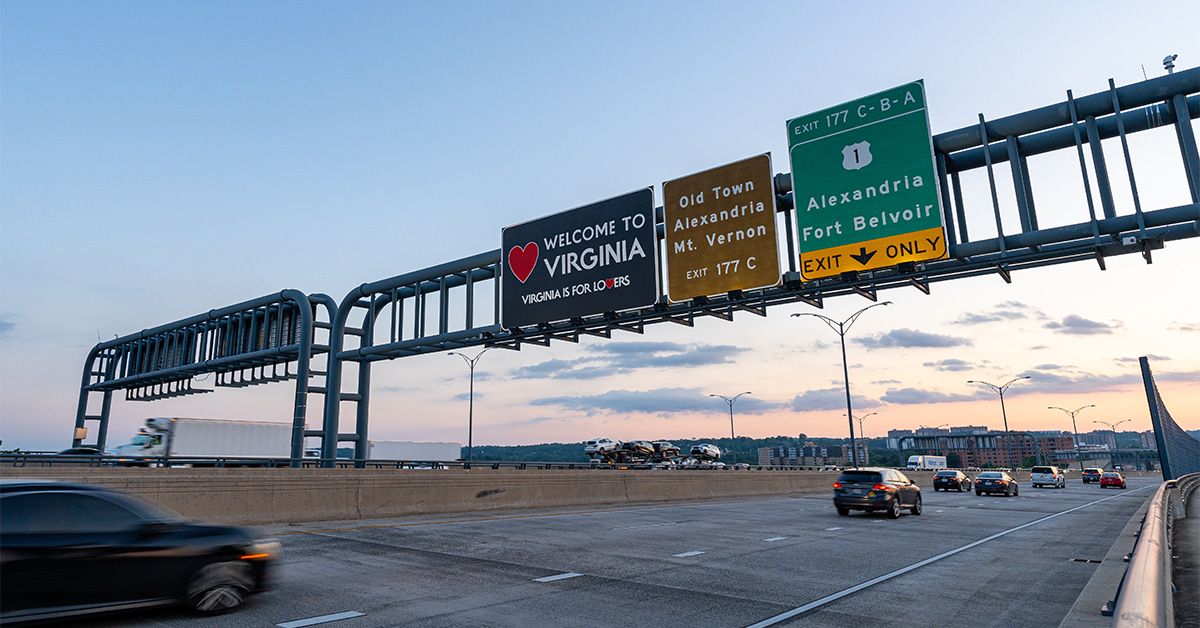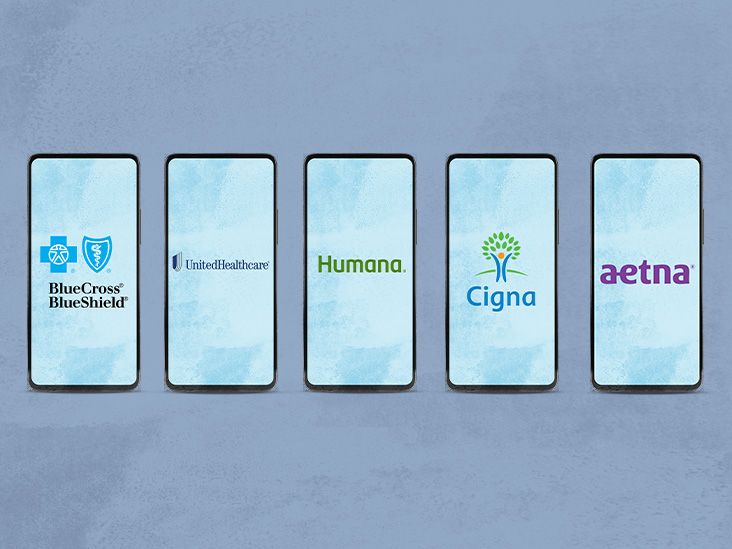Let's be honest - the thought of open-heart surgery can make even the bravest among us break into a cold sweat. When you're staring down a procedure that literally involves opening your chest, the last thing you want to worry about is whether Medicare has your back financially. Trust me, I've been there with family members who've faced this exact situation.
Here's the good news: Medicare does cover open-heart surgery. But (and this is a big but), you're not going to get off scot-free when it comes to costs. Think of Medicare more like a helpful friend who's got your back, but still expects you to chip in for dinner.
So what exactly does Medicare cover? How much are you really going to pay out of pocket? And what can you do to minimize those costs? Let's dive in together and unpack this complicated topic, because nobody should have to navigate heart surgery costs alone.
Does Medicare Cover Open-Heart Surgery?
You're probably wondering, "Does Medicare actually pay for heart surgery, or am I going to end up selling my house?" Well, the short answer is yes - Medicare absolutely covers most medically necessary open-heart procedures. But here's the thing, not all heart surgeries are treated the same by Medicare.
What Type of Open-Heart Surgery Does Medicare Pay For?
Medicare tends to be pretty comprehensive when it comes to major cardiac procedures. They cover the big ones like coronary artery bypass grafting (CABG) - whether it's a single bypass or a quadruple bypass that sounds like something out of a medical textbook. They also cover:
- Heart valve repairs and replacements (because sometimes your ticker needs a little tune-up)
- Heart transplants (with proper authorization, of course)
- Surgeries to fix congenital heart defects (conditions you're born with)
- Aneurysm repairs (when your heart's blood vessels are having a little trouble)
Think of Medicare like a bouncer at an exclusive medical club - if it's medically necessary and performed by qualified doctors, you're probably on the list.
How Does Medicare Define Medical Necessity for Heart Surgery?
Here's where things can get a bit tricky. Medicare doesn't just cover any old heart procedure - it needs to be deemed medically necessary. This means your doctor has to prove that the surgery is either life-preserving or life-extending. It's not about convenience, it's about necessity.
You'll also need proper documentation and sometimes pre-authorization. This isn't Medicare being difficult - it's about making sure you're getting the right care for the right reasons. Think of it as double-checking that your car really needs those expensive repairs before the insurance pays up.
Breaking Down Medicare Coverage for Cardiac Surgery
Okay, let's get into the nitty-gritty. Medicare coverage comes in different parts, kind of like a Swiss Army knife - each part has its own purpose. Understanding how these parts work together for heart surgery can save you both stress and money.
What Does Medicare Part A Cover for Heart Surgery?
Inpatient Hospital Coverage Includes
Part A is your hospital coverage buddy. When you're admitted for open-heart surgery, Part A covers:
- The actual surgical procedure and anesthesia costs
- Your hospital room and meals during your stay
- Post-operative nursing care
- Medications you need during your inpatient stay
It's like having a really expensive hotel package that includes room service, but instead of a spa, you get monitored heart rhythms.
Medicare Part A Out-of-Pocket Costs (2025)
Now, here's where you'll want to pay close attention. Even with Medicare coverage, you'll still have some costs to consider:
- Deductible: $1,676 per benefit period
- Days 160: $0 (after deductible)
- Days 6190: $419 per day
- Days 91150: $838 per day (these are your lifetime reserve days)
- After 150 days: You're on your own - 100% out-of-pocket
Real Life Example
Let me paint you a picture. Imagine your neighbor, Sarah, needs a triple bypass and spends 7 days in the hospital. If everything goes smoothly without complications, she'd be looking at that $1,676 deductible - nothing more. That's a relief compared to what it could be if she stayed longer.
What Does Medicare Part B Cover After Surgery?
Outpatient and Post-Surgical Care Includes
Part B is your outpatient and doctor visit coverage. After your heart surgery, you'll likely have several follow-up appointments, and Part B helps with:
- Doctor's visits and follow-ups
- Lab work and diagnostic tests
- Medical equipment you might need
- Cardiac rehabilitation programs (we'll talk more about this later)
Medicare Part B Cost Breakdown (2025)
For Part B in 2025, you're looking at:
- Deductible: $257 per year
- Coinsurance: 20% of the Medicare-approved amount
This means Medicare pays 80%, and you're responsible for the remaining 20%. It's like splitting a check with a friend who always covers 80% - generous, but you still owe your share.
Hints from Expert Review
According to Medicare coverage guidelines, cardiac rehabilitation is covered at 80% but requires documentation of medical necessity for extended programs (CMS.gov). This is why having good communication with your doctor about your recovery needs is so important.
What Role Does Medicare Part D Play in Surgical Recovery?
Medication Coverage During Recovery
You might not think about medications when considering heart surgery costs, but they can add up quickly. Part D covers prescription drugs, which for heart surgery patients might include:
- Blood thinners to prevent clots
- Statins to manage cholesterol
- Beta-blockers to control heart rate
- Pain medications for post-surgery comfort
You'll need to check your specific Part D plan's formulary to see exactly what's covered and at what cost. It's like making sure your grocery store carries your favorite brand before planning dinner.
What Happens If Your Drug Is Not Covered?
If your prescribed medication isn't on your plan's formulary, don't panic. There are usually options like step therapy (trying a similar, covered drug first) or prior authorization (your doctor explains why you need that specific medication). Always talk to your doctor about alternatives that might be more affordable.
Does Medicare Advantage Cover Heart Surgery Too?
Compare Coverage Types
Medicare Advantage plans are like different flavors of ice cream - they all start with the same base (original Medicare coverage) but come with different extras and costs:
| Coverage Type | In-Network Surgery Cost | Max Out-of-Pocket |
|---|---|---|
| Original Medicare | Up to $1,676 (Part A) + 20% (Part B) | No cap |
| Medicare Advantage | Fixed copay/coinsurance | $7,550 (2025 cap) |
The advantage (pun intended) of Medicare Advantage is that there's a cap on your out-of-pocket costs. With original Medicare, there's no limit - if you have a really long hospital stay, your costs could keep climbing. With Advantage plans, once you hit that $7,550 cap, the plan covers 100% of additional costs.
Chronic Special Needs Plans (C-SNPs)
If you have chronic heart conditions, look into C-SNPs. These are special Medicare Advantage plans designed for people with specific chronic conditions. They often provide extra support for cardiac care, medication access, and coordinated rehabilitation services. It's like having a personal assistant for your heart health.
What About Medigap for Open-Heart Surgery Costs?
How Medigap Helps
Medigap policies are supplemental insurance that work alongside original Medicare to cover some of those gaps (hence the name) in coverage. They can help with:
- Part A coinsurance and hospital costs after the deductible
- Part B coinsurance or copayments
- Some even cover the Part B deductible
When It Makes a Difference
Let me share something that really opened my eyes. A friend of mine, Mike, had open-heart surgery without Medigap and faced over $8,000 in hospital-related coinsurance. His neighbor, who had Medigap Plan G, had zero out-of-pocket hospital costs. The difference was like night and day - one worried about bankruptcy, the other focused on recovery.
What Else Should You Know About Heart Surgery and Medicare?
How Cardiac Rehabilitation is Covered by Medicare
You might think surgery is the end of the story, but recovery is just beginning. Medicare covers cardiac rehabilitation, which is like having a personal trainer for your healing heart. This includes:
- Up to 36 sessions of structured exercise
- Counseling on heart-healthy lifestyle changes
- Follow-up appointments with healthcare professionals
If your doctor feels you need more sessions, you can get up to 72 with proper approval. It's like getting an extended gym membership paid for by Medicare.
What to Do if You're Facing Out-Of-Pocket Expenses You Can't Afford
I know money can be tight, especially after major surgery. If you're worried about affording your costs:
- Talk to a licensed Medicare agent (yes, they exist just for this reason!)
- Consider whether Medigap or a different Medicare Advantage plan might help
- Ask your hospital about financial assistance programs
- Look into state programs that help with Medicare costs
Don't suffer in silence about costs - there are resources and people who want to help you navigate this.
Real Talk: Weighing Benefits and Risks
Let's pause for a moment of real talk. Open-heart surgery isn't something anyone takes lightly. It's a major procedure that requires courage, support, and yes, financial planning. Medicare coverage provides a crucial safety net, but it's not complete coverage.
Think of it this way: if open-heart surgery were a mountain to climb, Medicare would be like having a reliable climbing partner who provides essential gear and covers part of the expenses. But you still need to bring your own determination, proper preparation, and maybe some extra supplies for the journey.
Key Takeaways Your Medicare & Surgery Checklist
Before you or a loved one faces heart surgery, here's your quick reference guide:
- Original Medicare covers heart surgery but not 100% - you'll have deductibles and coinsurance
- Part A handles hospital costs, Part B covers doctor visits and rehab
- Part D is crucial for medication coverage during recovery
- Medigap or Medicare Advantage can significantly reduce out-of-pocket costs
- Cardiac rehabilitation is covered and can be vital for full recovery
- Don't be afraid to ask for help with costs - resources are available
Conclusion
Here's what I hope you take away from all this information: Medicare does cover open-heart surgery, which means you don't have to face this alone from a financial standpoint. But coverage isn't the same as complete financial protection.
It's like having car insurance after an accident - it helps tremendously, but you might still have a deductible to pay and your premiums might increase. The key is knowing what to expect so you can plan accordingly.
The silver lining? With proper planning, the right supplemental coverage, and knowledge of available assistance programs, those heart surgery costs don't have to bankrupt you. Your health and recovery should be your top priorities, not worrying about bills.
If you're preparing for surgery or helping someone else through this process, please take the time to review your specific coverage now. Don't wait until you're in pre-op wondering about costs. Knowledge really can be power when it comes to healthcare finances.
And remember, you're not alone in this. Whether it's talking to your doctor about costs, reaching out to a Medicare expert, or connecting with support groups for heart surgery patients, help is out there. Your heart - and your wallet - deserve the best support possible.
What questions do you still have about Medicare and heart surgery coverage? I'd love to hear from you in the comments below.
FAQs
Does Medicare cover all types of open-heart surgery?
Medicare covers most medically necessary open-heart surgeries like bypass, valve repair, and transplants, but coverage depends on medical necessity and proper documentation.
What are out-of-pocket costs for heart surgery under Medicare?
With Original Medicare, you’ll pay the Part A deductible ($1,676 in 2025), plus 20% coinsurance for Part B services. Costs can be higher with longer hospital stays.
Is cardiac rehabilitation covered after surgery?
Yes, Medicare covers up to 36 cardiac rehab sessions, with the option to extend to 72 with doctor approval, to support your recovery.
Can Medigap help reduce heart surgery costs?
Absolutely. Medigap plans can cover Medicare’s deductibles, coinsurance, and copayments, significantly lowering your out-of-pocket expenses.
Are medications after heart surgery covered?
Yes, Part D covers most post-surgery heart medications. Review your plan’s formulary or talk to your doctor about coverage and alternatives.
Disclaimer: This article is for informational purposes only and does not constitute medical advice. Always consult with a healthcare professional before starting any new treatment regimen.
Related Coverage
Feelings of impending death can arise from anxiety, depression, PTSD, illnesses, and trauma. Addressing mental health and reframing mortality perspectives can help....
Learn about the physical reasons and cultural/spiritual meanings behind the protruding tongue after death. Find healthy ways to process grief and gain closure....
Get your free Medicare wellness visit every year. No cost, no copay. Stay healthy and catch risks early with this preventive care benefit....
Find the best Medicare in Iowa options, from plans to eligibility and resources. Get clear guidance tailored to your needs....
Medicare for snowbirds can be simple with the right plan. Learn how Original Medicare, Medigap, and Advantage work across states for seamless care....
Get clear info on Kentucky Medicare options including coverage, costs, and enrollment to make the best healthcare choice....
Doing crossword puzzles regularly can help improve memory, concentration, and reasoning in aging adults. Crosswords engage broader cognitive skills than brain games....
Compare Medicare enrollment periods like IEP and ICEP to make informed coverage decisions without penalties....
Compare FFS and PFFS Medicare options to choose the best coverage for your healthcare needs and budget....
Get Medicare Part D plans for 2025, compare costs, formularies, pharmacy networks, and the new out‑of‑pocket cap to save money....








